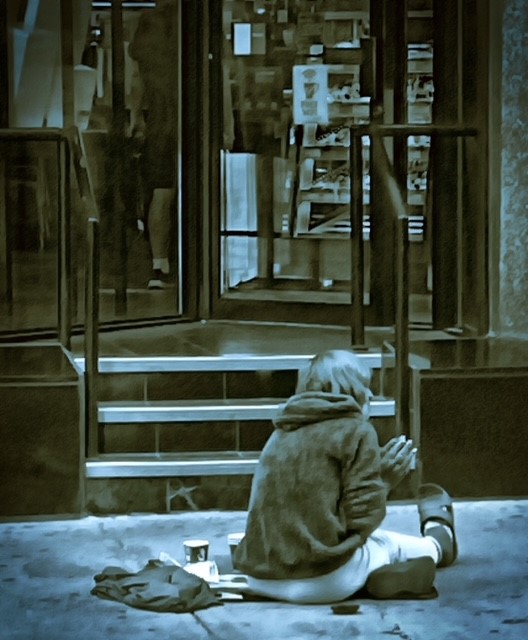A determined will to communicate or
gather thoughts of which to be reminded,
a pencil knows the way (or what to do)
with incessant demands made of you:
– appointments to be scheduled in
– excuses justified, however thin
– grocery lists (don’t forget the milk)
– rough sketch of the shed to be rebuilt
– Scrabble, golf (or musical) scores
– an admission to one you once adored
– notice of resignation to that nasty boss
– a note of condolence for a heartfelt loss
– overdue letter to a faraway friend
– this list itself will never end
Should you lack purpose, a humble pencil
provides gentle wisdom, abstract or direct
knowledge in all matters such.
Careful printing of complex instructions
or dashing off jumbled plans, a pencil
knows which direction to flow. Trust
in your hand; allow innermost thoughts
to follow its shady path.
Handwritten words forsaking time;
if ever you cannot find your pencil
I’ll gladly share one of mine.
© 2021 j.g. lewis
I’m like a pencil;
sometimes sharp,
most days
well-rounded,
other times
dull or
occasionally broken,
Still, I write.
j.g. lewis
April 29th is Poem in Your Pocket Day, a day
to celebrate poetry by selecting a poem, carrying
it in your pocket, and sharing it with friends and
strangers.
Share a poem wherever the day takes you.
Even in these continued days of physical distance,
loss of connection and self-isolation, you can still
share poetry and a smile.
Sharing is caring.




